
Zero-knowledge proofs (ZKPs) have rapidly become the cornerstone of privacy-preserving digital identity, especially within decentralized identity wallets. As the global regulatory landscape evolves, with initiatives like the European Digital Identity Wallet (EUDIW) under eIDAS 2.0 coming into force in May 2024, ZKPs are now at the center of secure and compliant identity verification. The reason is simple: ZKPs allow users to prove essential facts about themselves without revealing any unnecessary personal information. This breakthrough is transforming self-sovereign identity from a theoretical ideal into a practical reality for millions.

How Zero-Knowledge Proofs Work in Decentralized Identity Wallets
At its core, a zero-knowledge proof lets someone demonstrate knowledge of a fact (such as being over 18 or residing in a particular country) to another party without sharing anything beyond that specific fact. In zk DID wallets, this means you can satisfy compliance checks or access controls while keeping your full dataset private.
This selective disclosure is crucial for data minimization – an essential principle in privacy regulations worldwide. Instead of exposing your entire digital footprint to every service provider, you only reveal what’s strictly necessary. For example, proving age eligibility for an online service no longer requires submitting a scan of your ID card; your wallet simply produces a ZKP that attests to your age without sharing your birthdate or legal name.
Key Privacy Enhancements Enabled by ZKPs
Key Privacy Benefits of ZKPs in Decentralized Identity Wallets
-
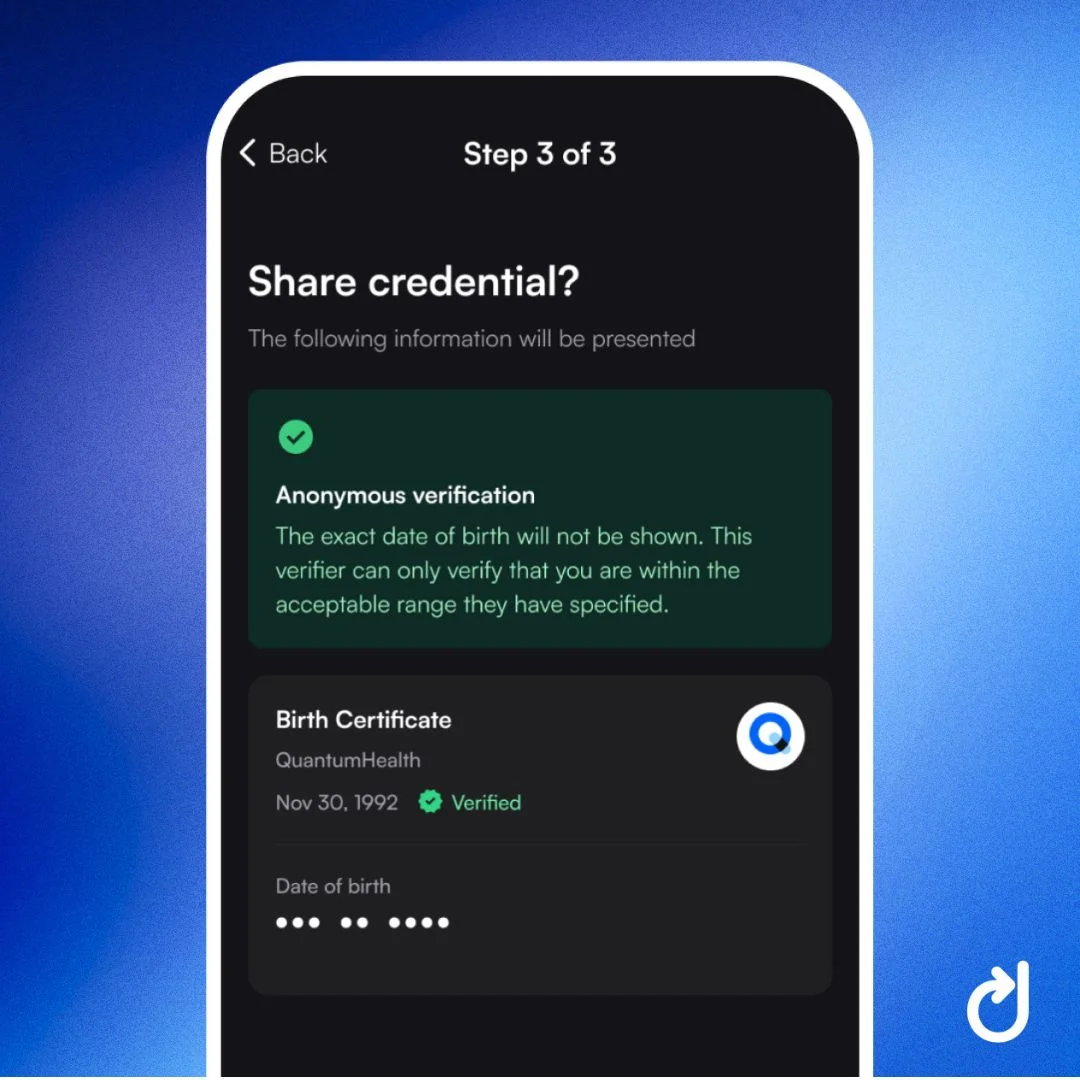
Selective Disclosure: ZKPs allow users to prove specific attributes—such as age or residency—without exposing their full identity, minimizing data exposure and reducing the risk of identity theft.
-
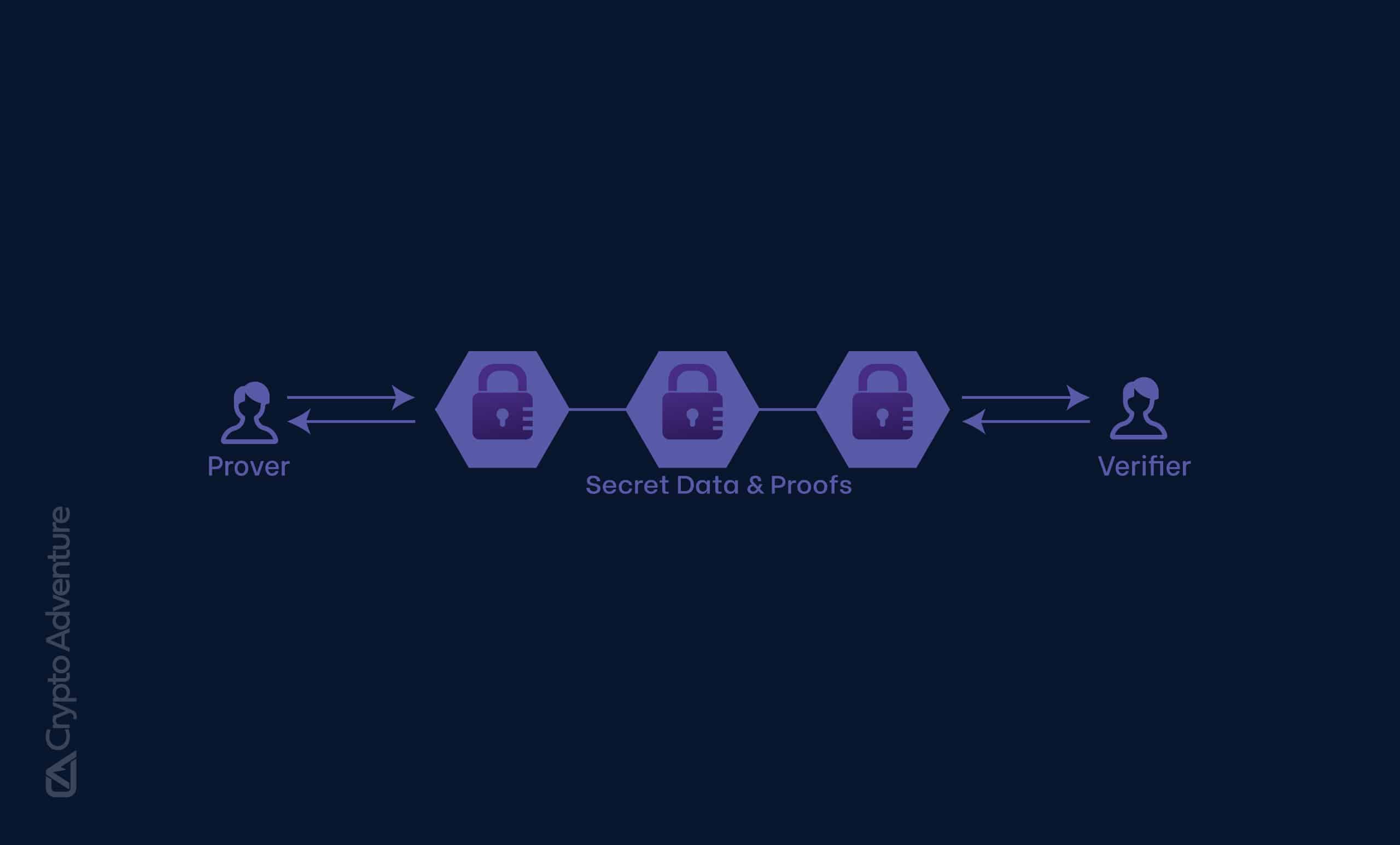
Non-Interactive Verification: With non-interactive ZKPs, users can authenticate themselves without direct communication with the verifier, streamlining processes and enhancing privacy in decentralized systems.
-
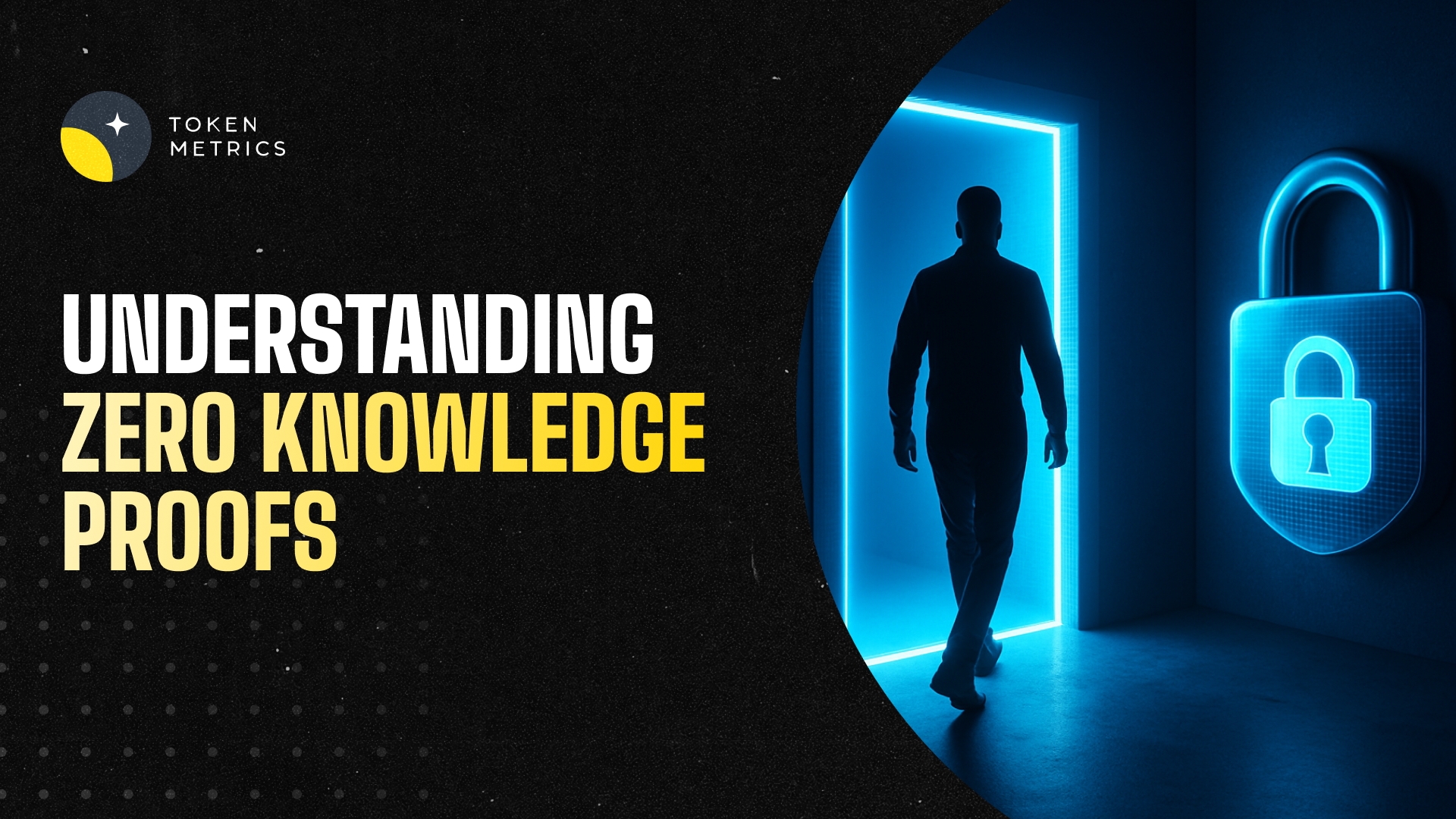
Issuer Privacy: Advanced ZKP frameworks, like SLVC-DIDA, enable issuer-hiding mechanisms so that the identity of credential issuers remains confidential, protecting both the issuer and the user.
-
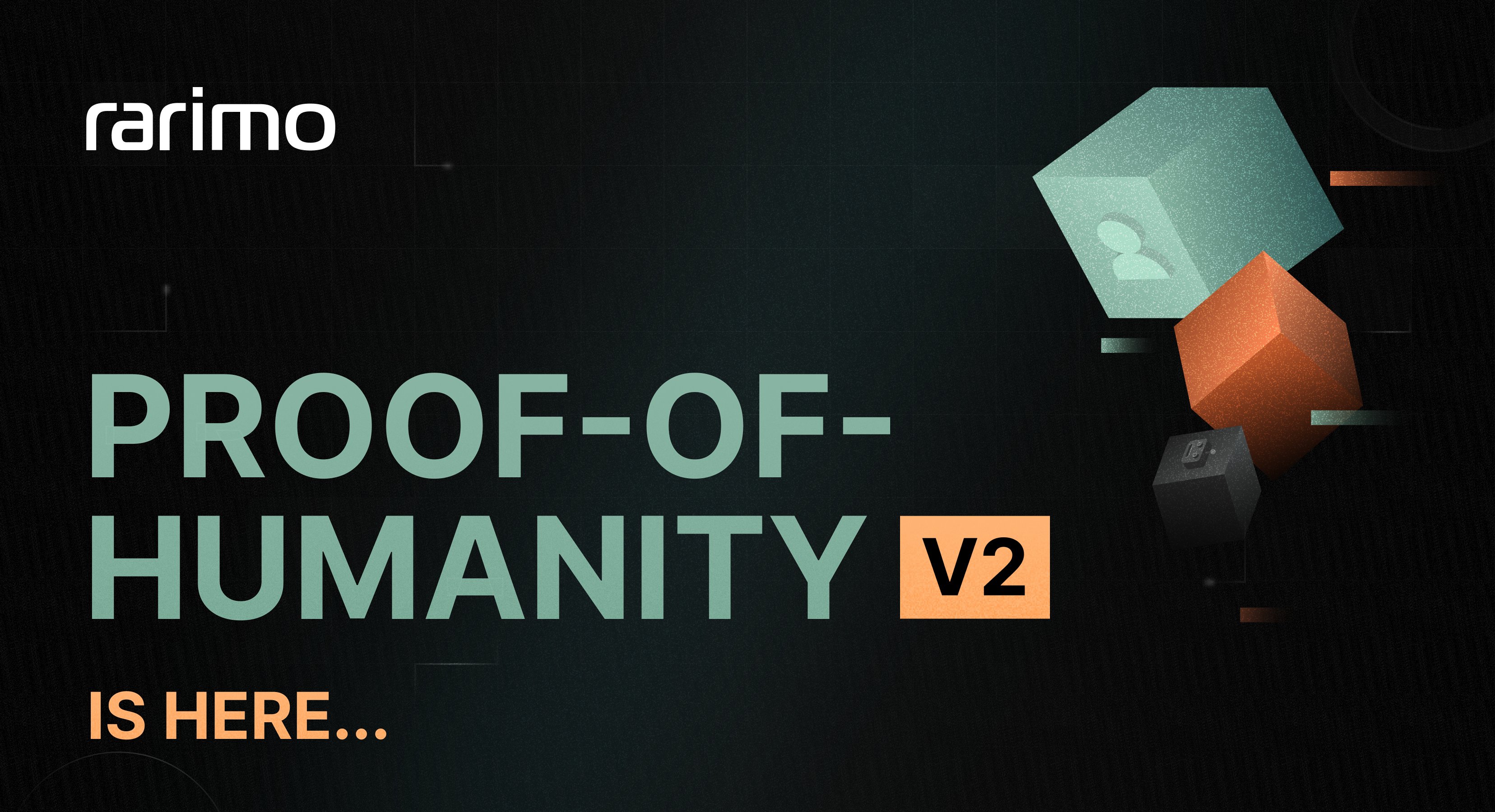
Cross-Chain Interoperability: Integrations such as Rarimo and Polygon ID enable ZKP-based credentials to work across multiple blockchain networks, broadening privacy-preserving identity solutions.
-
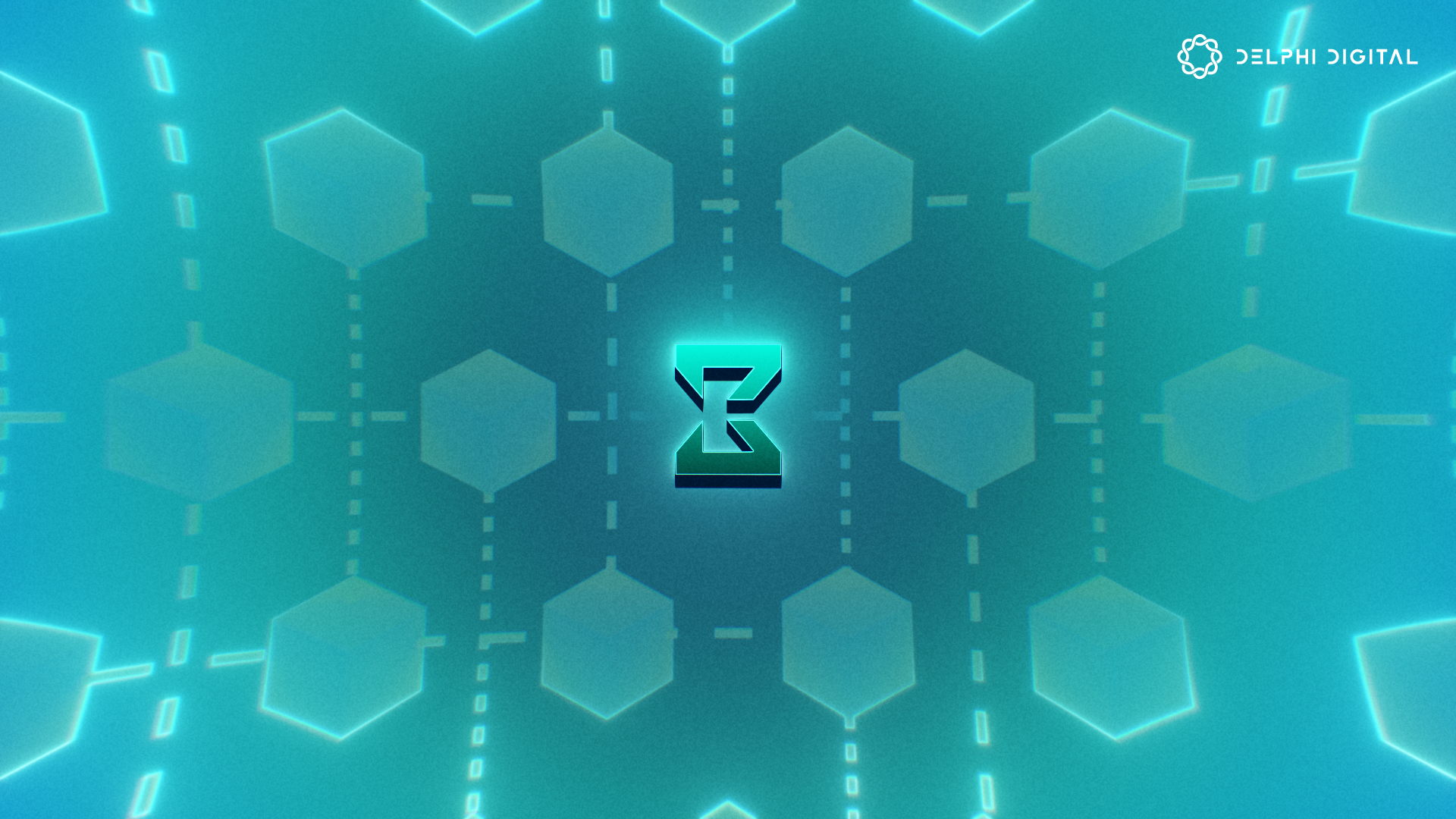
Real-World Implementations: Platforms like Polygon ID and zkLogin use ZKPs to let users verify credentials or log in with existing accounts (e.g., Google, Facebook) without revealing sensitive information, setting new standards for privacy in decentralized identity.
Selective Disclosure: By leveraging ZKPs, users can granularly control which attributes are shared with verifiers. This minimizes the risk of data leaks and dramatically reduces attack surfaces for identity theft.
Non-Interactive Verification: Modern zk DID wallets use non-interactive proofs, removing the need for back-and-forth communication between users and verifiers. This not only improves scalability but also limits metadata exposure during authentication events.
Issuer Privacy: Advanced frameworks like SLVC-DIDA introduce issuer-hiding mechanisms, further protecting both credential holders and issuers from unwanted correlation or surveillance (source).
Cross-Chain Interoperability: Collaborations such as Rarimo and Polygon ID showcase how ZKP-backed credentials can function across multiple blockchain networks, expanding user sovereignty and utility (source).
Real-World Implementations: Polygon ID and zkLogin
The move from theory to practice is well underway. Polygon ID, for example, empowers users to prove their credentials (such as KYC compliance) without ever exposing their underlying data (source). Similarly, zkLogin enables blockchain authentication using mainstream credentials (like Google or Facebook), but with user privacy preserved via ZKP-based processes (source). These innovations are setting new standards for privacy in blockchain identity systems.
As decentralized identity wallets mature, the integration of zero-knowledge proofs is driving a fundamental shift in how privacy and compliance are balanced. The adoption of ZKPs in solutions like the European Digital Identity Wallet (EUDIW) and Polygon ID is not just a technical upgrade; it’s a paradigm change that redefines user agency over personal data. Now, selective disclosure is the default, not the exception. This means individuals can interact with digital services, whether opening a bank account, accessing healthcare, or joining online communities, while keeping sensitive information shielded from unnecessary exposure.
For organizations, this privacy-centric approach also reduces regulatory risk. By collecting only what’s essential for verification, businesses can demonstrate compliance with global data minimization laws while building greater trust with their users. As a result, ZKPs are enabling new business models where privacy becomes a competitive advantage rather than an afterthought.
Challenges and Future Directions for zk DID Wallets
Despite these advances, several challenges remain on the road to widespread adoption of zk DID wallets. Usability is still a hurdle for non-technical users; many current implementations require improved interfaces and clearer onboarding experiences. Interoperability between different identity networks also needs further standardization to ensure seamless cross-chain credential verification.
On the technical front, ongoing research is focused on making ZKP computations faster and less resource-intensive, a critical factor as decentralized identity scales to support millions of daily transactions. Innovations such as recursive proofs and hardware acceleration are showing promise in reducing latency and energy costs associated with generating and verifying proofs.
The regulatory landscape will continue to evolve as well. With frameworks like eIDAS 2.0 now mandating privacy-preserving technologies in government-issued digital IDs across Europe, we can expect other jurisdictions to follow suit. This global momentum will likely accelerate both innovation and standardization within the privacy-preserving digital identity ecosystem.
Why Zero-Knowledge Proofs Matter for Self-Sovereign Identity
At its heart, self-sovereign identity with zk puts control back into the hands of individuals, enabling them to decide what information they share, when they share it, and with whom. This approach aligns with fundamental privacy rights while creating new possibilities for frictionless digital interactions across borders and industries.
Zero-Knowledge Proofs and Privacy in Decentralized Identity Wallets
Test your understanding of how zero-knowledge proofs (ZKPs) enhance privacy and security in decentralized identity wallets. Select the best answer for each question below.
The next wave of decentralized identity solutions will likely build on these foundations: combining robust cryptography with user-friendly design to deliver secure authentication without compromise. As more platforms adopt privacy-preserving protocols by default, we move closer to an internet where trust does not come at the expense of personal freedom.






